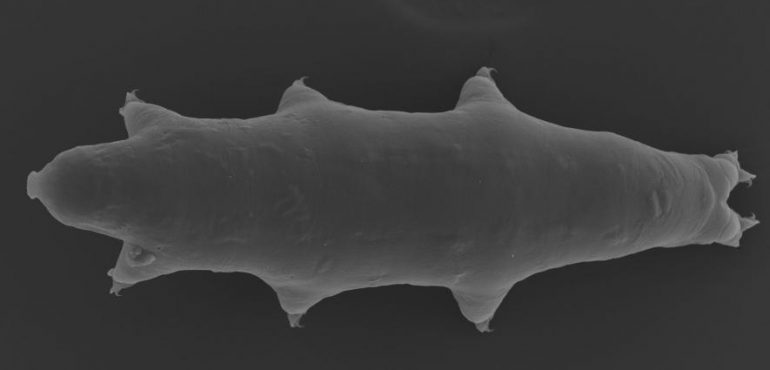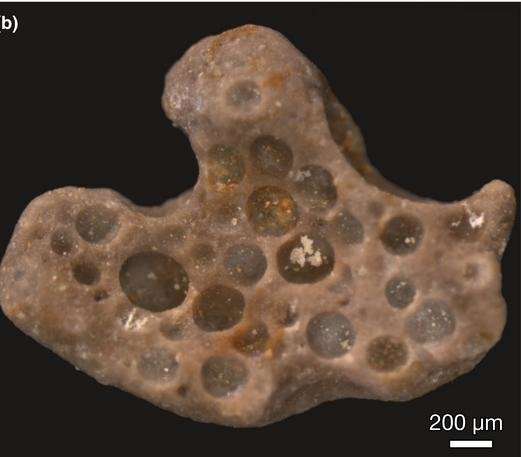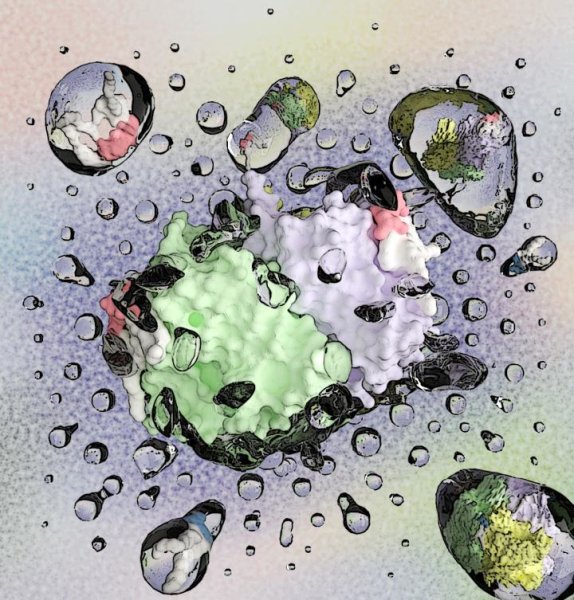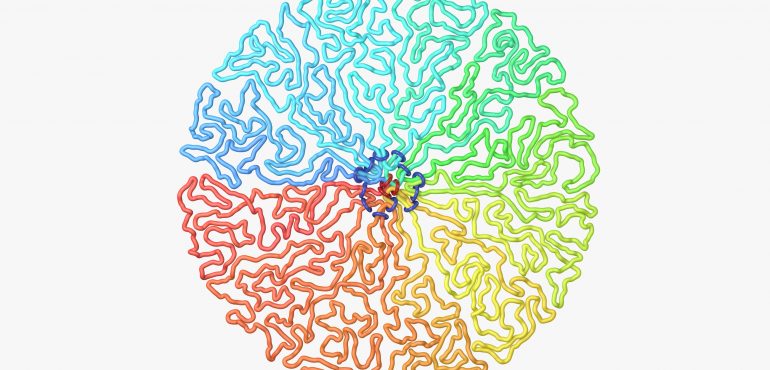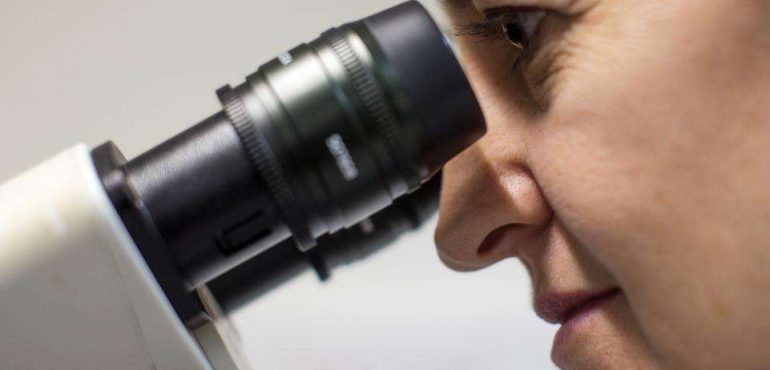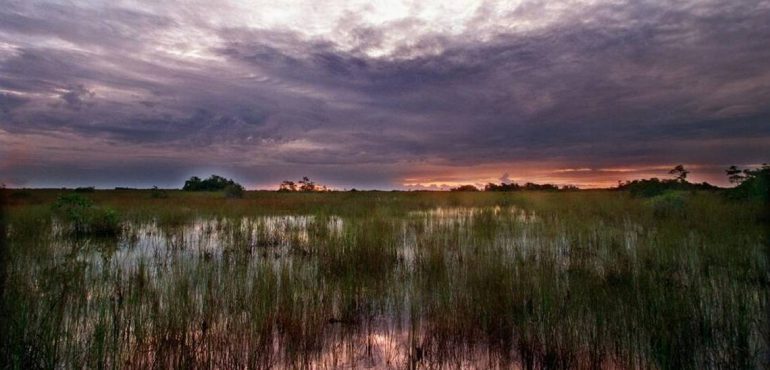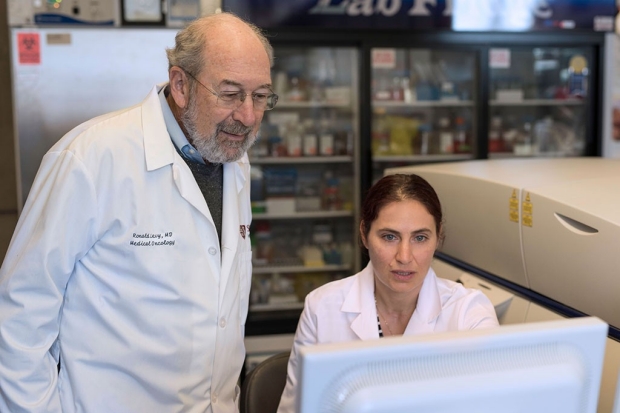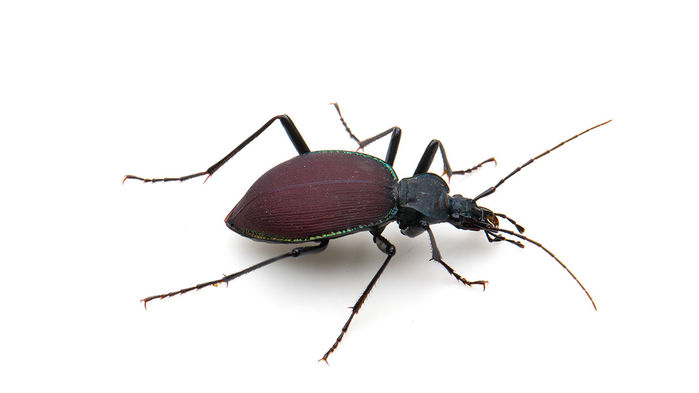Tardigrades are microscopic, resilient organisms that might just outlive the Sun—and their known world just got a little bigger. Kazuharu Arakawa, a researcher at Tokyo's Keio University, picked up a tardigrade specimen when he was gathering samples from the parking lot of his apartment building in Tsuruoka-City, Japan. He plucked a clump of moss protruding from the concrete…
Read more
New Species of ‘Indestructible’ Animal Found in Surprising Place
